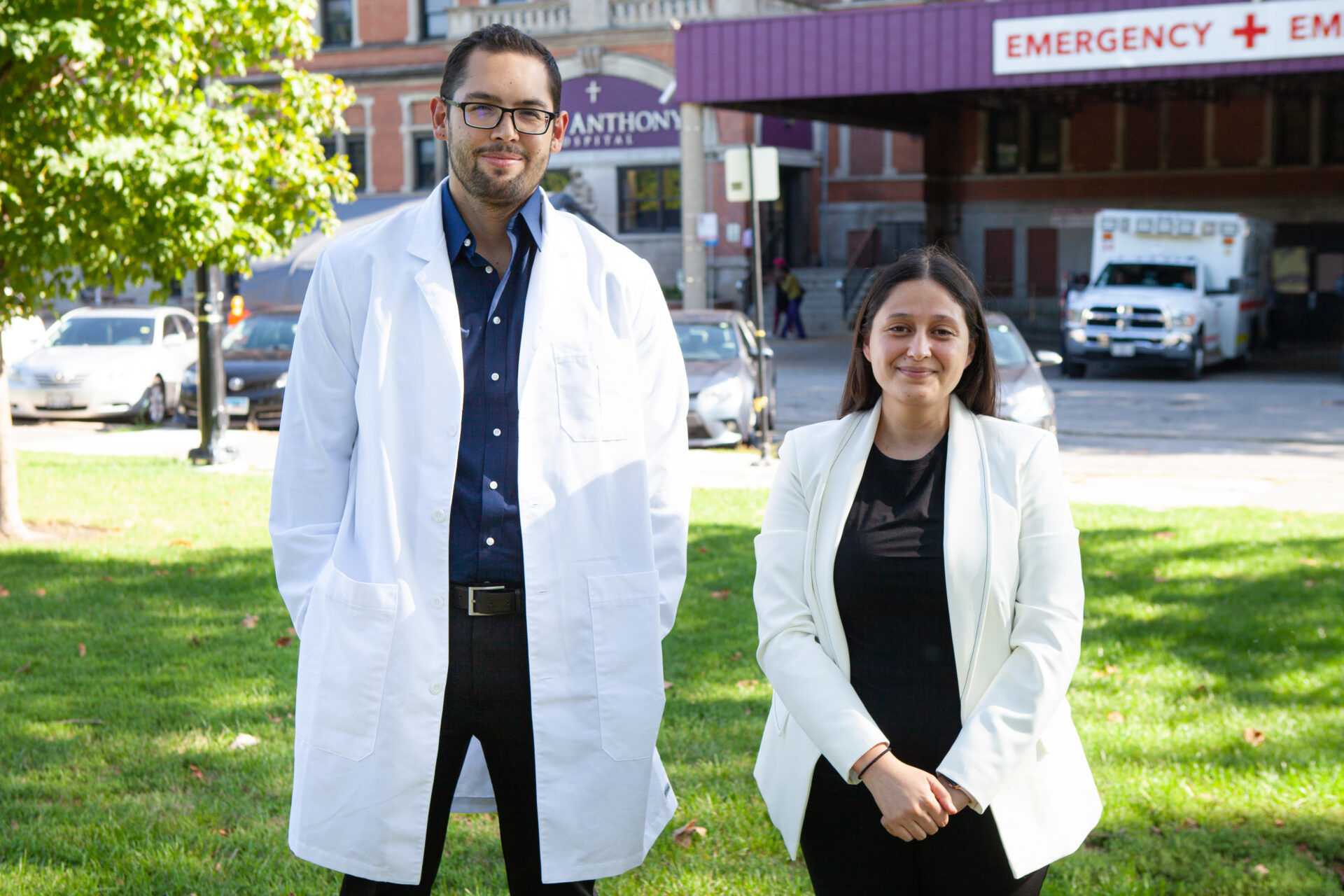On Friday, September 20th, the largest global climate strike took place. Individuals of different ages, sexes, nationalities, cultures, and educational backgrounds banned together to fight for greater political action in the face of a warming and decaying planet.
Greta Thunberg, a sixteen-year-old environmental activist from Sweden, is championing the fight. Her emotional and commanding speech to the U.N. this week garnered equal amounts of support and shock. Thunberg called out both individuals and political systems for putting economic achievement at the forefront of their agendas, ignoring the reality such achievements will matter if ocean levels, temperatures, and the frequency of forest fires, continue to rise.
To watch Thunberg’s address to the U.N., click here.
If a hotter summer and higher chance of natural disasters are not enough to convince you to advocate for the earth, perhaps the effects climate change could have on your health will. Human health problems associated with such events will demand more physicians with specialties in internal medicine. Individuals with training in the subspecialties of critical care, endocrinology, diabetes, and metabolism, infectious disease, and pulmonary disease will be important players. Here is a breakdown of the cases these internists might deal with which will run parallel to the changes in our ecosystem’s health.
Are you interested in helping to combat the after effect of climate change by specializing in internal medicine? AMO offers 200+ medical rotations, many of which are in internal medicine and its subspecialties. Sign up for an account with AMO to explore rotations today!
Critical Care
Physicians with a specialization in critical care medicine may see an increase in their patient load as climate change associated natural disasters become more prominent. According to scientific research, an increase in temperatures has can greatly increase the frequency and intensity of hurricanes, cyclones, and monsoons. These events can cause extreme injury and deaths in some cases.
Endocrinology, Diabetes, and Metabolism
In coming decades endocrinologists with concentrations in metabolism and weight management may see a rise in the number of malnourished patients. This includes those with nutrient and vitamin deficiencies. Climate change may decrease crop yields and change crop yields, making fresh produce more scarce. Drought, floods, and other weather patterns may affect the nutrient composition of crops or cause them to be contaminated. Problems with produce leading to scarcity may inflate prices, causing consumers to turn away from fresh foods. Internists will be responsible for working with individuals to find solutions to these problems through the introduction of supplements and other advances in the future which will combine technology and agricultural practices.
Infectious Disease
Those with training in the area of infectious diseases will see an increase in insect-transmitted diseases in their patients. A warmer, wetter climate is a great breeding ground for mosquitoes, tics, and other organisms. These organisms may transmit malaria, Lyme disease, and dengue fever. To prevent these diseases from reaching epidemic proportions, preventative medicine should be the focus. Physicians should educate communities in areas with high rates of such diseases on the best practices. Geographic locations in the tropics and some third world countries should be targeted.
Pulmonary Disease
As addressed in our blog post on Brazil’s forest fires, an increase in air pollution and atmospheric allergens can negatively impact human health and cause damage to the lungs. Smog and small particle matter from forest fires can be to blame. Another contributor may be higher amounts of pollen in the atmosphere as a result of increasingly intense storm patterns. Pulmonologists may see an increase in the number of patients with asthma, chronic obtrusive pulmonary disease (COPD) and lung infections. In extreme cases individuals may develop lung cancer.







Leave A Comment